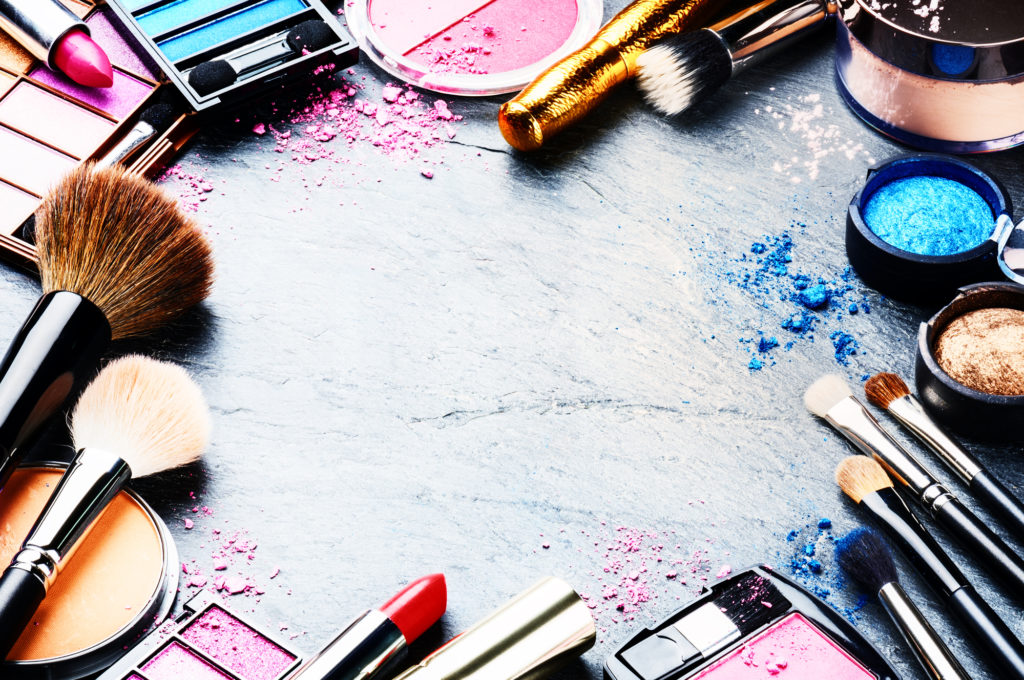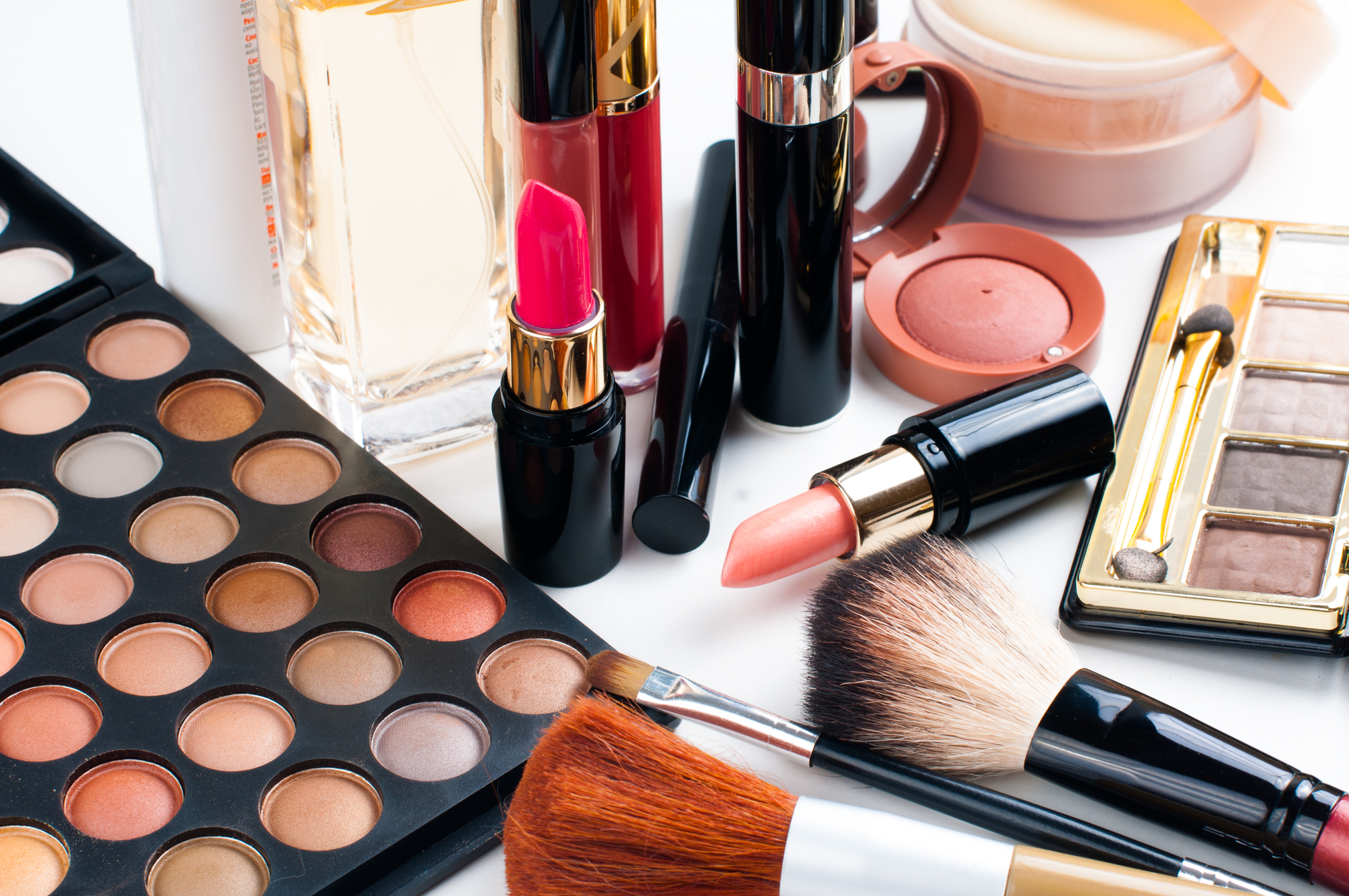The use of makeup and cosmetics is very common in some cultures. Other cultures place much less emphasis on makeup use and therefore have little market for cosmetics. The prevalence in the West of makeup and other forms of cosmetics is precipitated by various means, especially cultural ideals of beauty and money (marketing, sales, demand, etc.). Throughout the centuries, some groups have argued that the Bible is opposed to the use of makeup altogether, while others have recognized this to be an issue of conviction and conscience. With a proper, biblical understanding of beauty, modesty, and God-given dignity, Christians can use biblical wisdom to discern whether or not it is appropriate for them to use makeup.
While it is generally true that the biblical passages that speak to external beauty caution and warn the people of God about the dangers of seeking the approval of others or impressing others through outward appearances, it is also true that these texts speak to issues of the heart and are not intended to create a list of dos and don’ts concerning makeup (or how to style one’s hair or whether it is acceptable for women to wear pants).
To wear makeup or not to wear makeup is a matter of conscience and conviction. The important, applicable biblical truth for believers to remember is one of modesty: seeking to bring glory to Christ by not seeking to impress others, distract, tempt, or objectify oneself through clothes, dress, material possessions, or even the use of makeup. In other words, we should seek to make much of Christ rather than making much of ourselves.
In most situations wearing makeup would be within the bounds of biblical teaching for most people if the makeup does not dishonor God. An unsure conscience would do well to discuss the matter with a church leader or a wise, loving, gracious believer of the same gender.
Contents
What Does The Bible Say About Makeup (KJV)?
Two Misquoted Verses
At first glance, this text seems to be opposed to the use of makeup: the painting of one’s face or eyes. No doubt it has been cited by some for that very purpose. The context of this verse is telling, however, and may offer a corrective to the view that this verse is against using makeup. The verses before and after it make clear that the Lord is pronouncing judgment on his people for rejecting him. Yet their actions, as described in this verse, do not look like repentance or preparation for a siege by foreign nations. Jeremiah 4:28-5:3 (and the verses that follow) expound on what 4:27 makes explicit: “For thus hath the LORD said, The whole land shall be desolate; yet will I not make a full end.”
In other words, we might say that Jeremiah 4:30 speaks against the absurdity of the people of Israel’s use of cosmetics in relation to timing: they were about to be destroyed by a foreign nation; this was not the time to act as though they were attending a wedding feast. In fact, the imagery is much deeper: Jerusalem’s enemies will not find her external adorning persuasive in the least, because her lovers are actually their enemies. Thus this verse speaks to realities that are unrelated to whether or not a person should wear makeup.
Jezebel was the wicked wife of the wicked king Ahab. Her role in the biblical story is dark, as she is not only responsible for promoting idolatry in Israel, but also killing the prophets who were faithful to the Lord. Her actions have been interpreted in various ways; many scholars agree that she may have simply been trying to look and act the part of a queen.
Wearing fine garments and using makeup by queens and other prominent or royal figures is not itself condemned. What we find more pronounced in the Bible is rightly bringing glory to Christ rather than oneself.
Two Verses On Biblical Beauty
Our goal as Christians should not be to impress others through external beautification. Rather, believers should seek to adorn themselves with Christ, making his excellence and beauty more prominent and more noticeable than the wearing of clothes or makeup. Depending on the culture, makeup may well be acceptable and would not in any way detract from bringing proper beauty and glory to Christ and his church. In other words, makeup itself may not be any form of distraction from the gospel such that Christians should avoid its use.

Is Wearing Makeup a Sin?
The Bible is clear that all people are made in the image of God (Genesis 1:27), and there is no outward blemish that distorts the image of God or lessons the love of God for his people. There is a sense in which we should long for a day when we are no longer distracted by or concerned with appearances altogether, except to bring glory to Christ. In essence, wearing makeup is a matter of the heart. If people are considering wearing makeup, they may ask themselves a few questions that get at the heart of whether it is good and right for them to wear makeup:
- What is my purpose in wearing makeup?
- Am I dependent on makeup to feel beautiful? This question requires deep and honest reflection. If the idea behind wearing makeup is because we think our bodies are inadequate or ugly, or because we have so compared ourselves with others that we think we need to look like someone else or fit ourselves into some cultural expression of beauty, we have likely fallen into a sinful trap.
- Am I wearing makeup in order to bring attention to myself or attract others? The desire to bring attention to oneself above God can call into the category of sin.
- Am I wearing makeup because I enjoy it? Wearing makeup could simply be a source of fun for some women, akin to intentionally styling one’s hair or wearing fancy shoes. Doing things we enjoy, within the bounds of biblical ethics, is much closer to self-care. God has made us to laugh and enjoy and find pleasure in life, as good gifts from God that we, in turn, give back to him in the form of praise.
Is It a Sin For a Man to Wear Makeup?
The bible makes a clear distinction between men and women. In the vast majority of cultures around the world, there is a clear distinction in cultural forms between men and women in the way they dress, wear their hair, etc. That said, cultural forms are not authoritative and would be, of course, different across various cultures.
The Bible is clear, however, that men should not seek to align themselves in the cultural form of women, nor women in the cultural form of men, whatever those particular forms may be. Rather, there should be a clear distinction:
Whether or not men should wear makeup essentially comes down to the intentions of the heart and the context: actors and other on-screen professionals (news anchors, for example) wear makeup, and doing so is not intended to blur male and female distinctions.
For a man to wear makeup in order to present himself as a woman would be outside of the biblical design for men and women. And while the cultural distinctions between men and women change, and are at times sinfully blurred and are in need of radical, biblical reform, one would be hard pressed to find a society in the history of humanity in which distinctions between men and women have been completely abandoned to homogeneity.
As with women, for men to wear makeup is a matter of the heart and conscience, a question of purpose, and seeking to align oneself entirely with biblical teaching on beauty, bearing God’s image as males and females, and male and female distinctions.
Biblical Beauty
- Biblical beauty is guided by the truth that God has made all people in his image, to bear his glory.
- For this reason, biblical beauty is universal. It is not defined by cultural ideals or norms, but rather corrects cultural misalignments, bringing them under the subjection of biblical truth. Cultural standards of beauty change rapidly, and not all cultural expressions of beauty are God-honoring, Christ-exalting.
- Believers should seek to be modest. That is, believers should not try to impress others with external beauty or adorn themselves in extravagance that detracts from the beauty of Christ.
People Who Wore Makeup in the Bible?
Makeup, often referred to as “painting the eyes/face,” is not commonly mentioned in the Bible. When makeup is mentioned, it is always associated with women, and perhaps those of prominent status such as queens. At times in the Bible, makeup is associated with prostitution or sexual immorality (Exekiel 23:40-42), but this should not be taken as a universal deterrent against wearing makeup. Sexual immorality in the Bible is also associated with perfumes and spices (Proverbs 7:17), but so is worship (Exodus 30:23), marital intimacy (Song 4:14), burial (John 19:39), etc.
Can Christians Wear Makeup?
The Bible does not forbid Christians from wearing makeup, so if a person is struggling with whether or not it is okay for them, they should consider their cultural setting, conscience and intention to ensure that they are honoring God with their cosmetic choices. The goal of believers in every matter should be to bring glory to Christ, and wearing makeup is not in essence not opposed to this calling.

